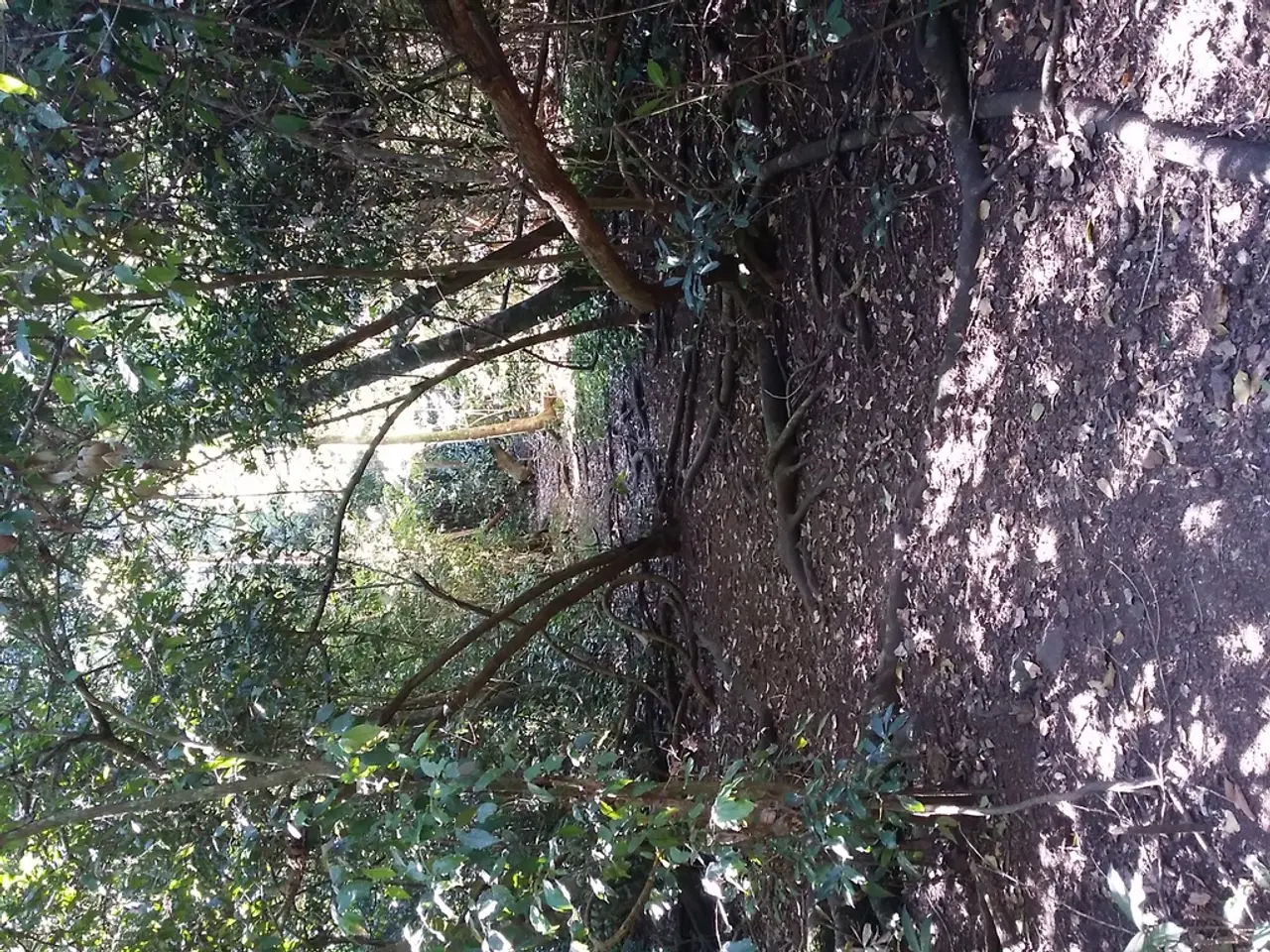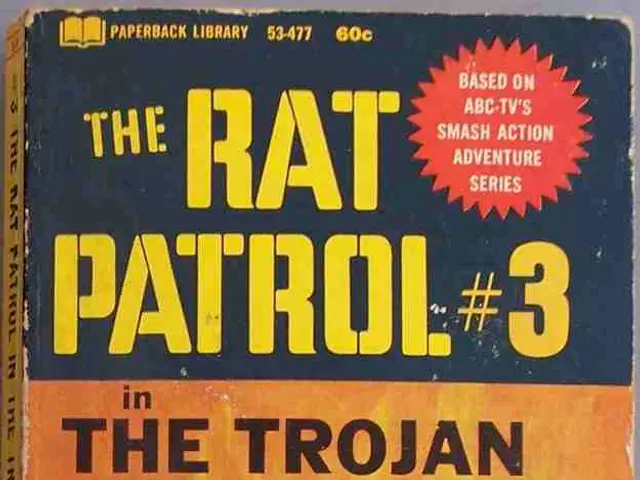Strategies for Guaranteeing Forest Depletion-Free Procurement for EUDR Regulatory Compliance.
The European Union's Deforestation Regulation (EUDR), effective from December 31, 2020, is set to revolutionize the way businesses operate, particularly those dealing in soy, palm oil, cocoa, coffee, beef, rubber, and wood. The regulation bans imports linked to deforestation, impacting a vast number of companies worldwide.
To comply with the EUDR, businesses must implement a robust due diligence system focused on traceability, risk assessment, and risk mitigation within their supply chains. This involves collecting precise and verifiable data on the origin of commodities, including GPS coordinates for every farm or forest plot involved.
Comprehensive risk assessment is another key strategy. Using gathered supply chain data, companies must objectively assess the risk that products are linked to deforestation or illegality occurring after the cut-off date. Only products with a negligible risk rating can enter the EU market. Any non-negligible risk must trigger further actions to mitigate this risk before market entry.
Risk mitigation measures include supplier engagement, verification inspections, remote sensing monitoring, or exclusion of non-compliant sources. Businesses need to maintain continuous due diligence, keeping up-to-date records and risk reports. Electronic submission of risk statements is expected, especially for larger operators, to demonstrate compliance to authorities.
Deploying technology such as satellite monitoring, geospatial data, and traceability software supports verification of deforestation status and legality of land use, assisting companies in maintaining supply chain integrity under the EUDR's strict standards. Compliance with local laws and land use regulations is also mandatory to ensure legality beyond deforestation criteria.
Preparation for regulatory enforcement and penalties is crucial. Understanding that non-compliance can lead to fines up to 4% of annual turnover and exclusion from the EU market motivates proactive implementation of these strategies.
The EUDR poses significant challenges for smallholder farmers who lack the resources, knowledge, and infrastructure to implement sustainable practices. However, adopting technology-driven solutions today will future-proof supply chains, helping businesses meet EUDR requirements, enhance brand credibility, and maintain market competitiveness in a sustainability-conscious world.
Leading companies such as a Nigerian cocoa exporter and a tyre manufacturer have already successfully leveraged technology to achieve EUDR compliance, enhance supply chain transparency, and drive sustainable sourcing.
In summary, businesses must build transparent, technology-enabled supply chains with granular origin data, rigorously evaluate and mitigate deforestation risks, maintain comprehensive documented due diligence, and ensure legal compliance to meet EUDR requirements for deforestation-free sourcing. This involves conducting a supply chain risk assessment, implementing traceability & geolocation tracking, partnering with certified & verified suppliers, strengthening due diligence & compliance processes, and engaging in sustainable land management & reforestation.
- In order to comply with the EUDR, businesses in the agriculture, finance, and environmental-science industries are required to establish a robust due diligence system that focuses on traceability, risk assessment, and risk mitigation within their supply chains.
- Compliance with the EUDR necessitates collecting precise and verifiable data on the origin of commodities, which involves using GPS coordinates for every farm or forest plot involved.
- Companies must objectively assess the risk that their products are linked to deforestation or illegality occurring after the cut-off date, and only products with a negligible risk rating can enter the EU market.
- Risk mitigation measures, such as supplier engagement, verification inspections, remote sensing monitoring, or exclusion of non-compliant sources, are needed to ensure compliance with the EUDR.
- Adopting technology like satellite monitoring, geospatial data, and traceability software will assist businesses in verifying the deforestation status and legality of land use, helping them maintain supply chain integrity under the EUDR's strict standards.
- Understanding that non-compliance with the EUDR can lead to fines and exclusion from the EU market, it is crucial for businesses to proactively implement strategies to ensure compliance and maintain competitiveness in a sustainability-conscious world.




